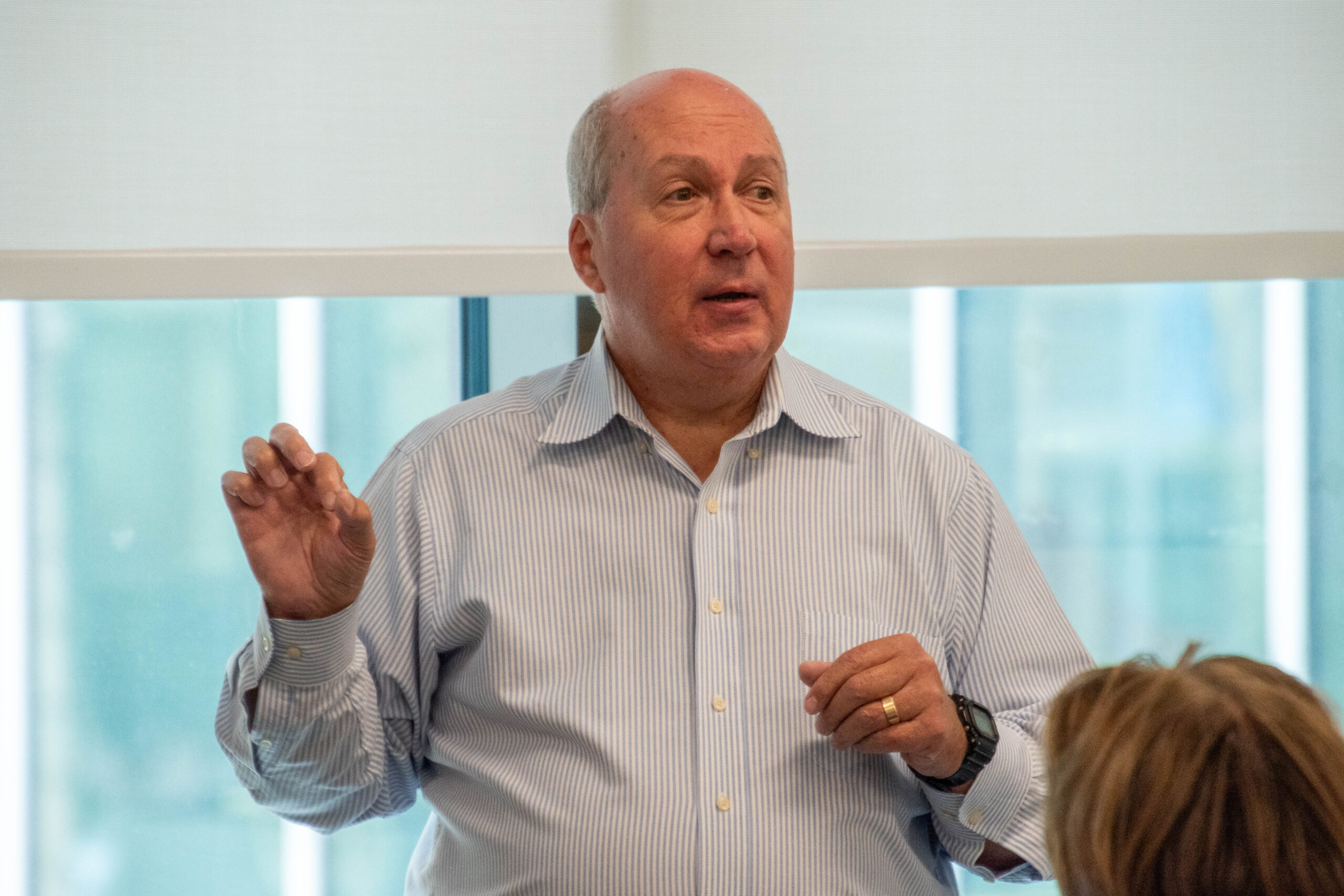Jobs
Why Utah must remain intentional about job creation as we manage growth

The Beehive State was recently recognized for having the best economic outlook and the most dynamic job market in the nation. The transformation of Utah’s economy over the past 40 years is remarkable, considering its industry presence in the 1980s was relatively one-dimensional and struggled to provide adequate jobs to keep young people in the state. Today, many of Utah’s challenges relate to the effects of an in-migration rather than out-migration of people as we grapple with housing shortages, homelessness, water scarcity and air quality concerns. In response to these pressures, we must remember how beneficial job growth is to our quality of life, continue to promote strategic job creation and accelerate investment in infrastructure to keep Utah a desirable place to live.
Most people think of economic success in terms of jobs. Good jobs provide financial security, inspire a sense of accomplishment and help people achieve better lives for themselves and their families. One way to help create jobs is through business incentives. Utah offers tax rebates to businesses only after they have created high-paying jobs in strategically important industries or in rural areas — a modest approach compared to states that offer large upfront cash outlays. An independent audit showed Utah received a 400% return on its incentives program from 2020 to 2022. Economists debate the role incentives should play in attracting jobs to communities, but it is clear that every state uses them and they must remain in place in Utah to be competitive in attracting the best jobs.
Some argue that recruiting and incentivizing out-of-state companies to come to Utah creates unwelcome competition for current businesses here. However, it is important to recognize the far-reaching benefits of job creation and that most state incentives are awarded to Utah businesses. The fact is, job creation spurs competition for labor, which affords Utah workers more employment options, not fewer, and increased compensation, not less. Creating new jobs also generates tax revenues that fund essential public services in education, public safety, parks and recreation, and infrastructure that profit everyone. Additionally, the wealth created has a multiplier effect that benefits existing Utah businesses and entrepreneurs by increasing consumer purchasing power and spending.
Other reasons to promote job creation are the capital expenditures and social benefits that often accompany them. For example, in addition to 800 new high-paying jobs, Texas Instruments is making an $11 billion capital investment in expanding its semiconductor plant in Lehi and donating $9 million to the local school district. Meta’s expansion of its Eagle Mountain data center will bring more than $1.5 billion in capital investment and another $150 million to enhance local utility, sewer, water, telecommunication and roadway infrastructure. Since 2020, Adobe employees have volunteered tens of thousands of hours to community service and donated $1.3 million to local nonprofit organizations like Girls on the Run, a group dedicated to empowering young girls by teaching them essential life skills.
While job creation greatly benefits Utahns, it is also associated with population growth. But growth per se is neither good nor bad — only inevitable in Utah, as studies show. To make it advantageous, we must continue investing state revenues into infrastructure projects to support a growing population and preserve quality of life in the future. Recent legislation appropriating more than $1 billion for water resiliency, $1.2 billion for regional transportation assets and the creation of new public financing tools and housing promotion zones is a step in the right direction. Another tool at our disposal is requiring companies to commit to doing more to mitigate the effects of growth in order to be awarded an incentive. For example, in Indiana, businesses must invest 5% of their tax savings into either transit, workforce development or child care assistance for employees.
Utah became the top economy in the country through decades of sound policy and proactive support of job growth. We must continually support job creation, given its fundamental role in maintaining our tax base and anchoring a thriving economy. Increased infrastructure investment will facilitate additional economic growth, thus forming a virtuous cycle that sustains overall quality of life. How we respond to our growth challenges will ultimately determine our ability to deliver on the promise of having the best economic outlook of any state for decades to come.
Scott Cuthbertson is the president and CEO of the Economic Development Corporation of Utah.









